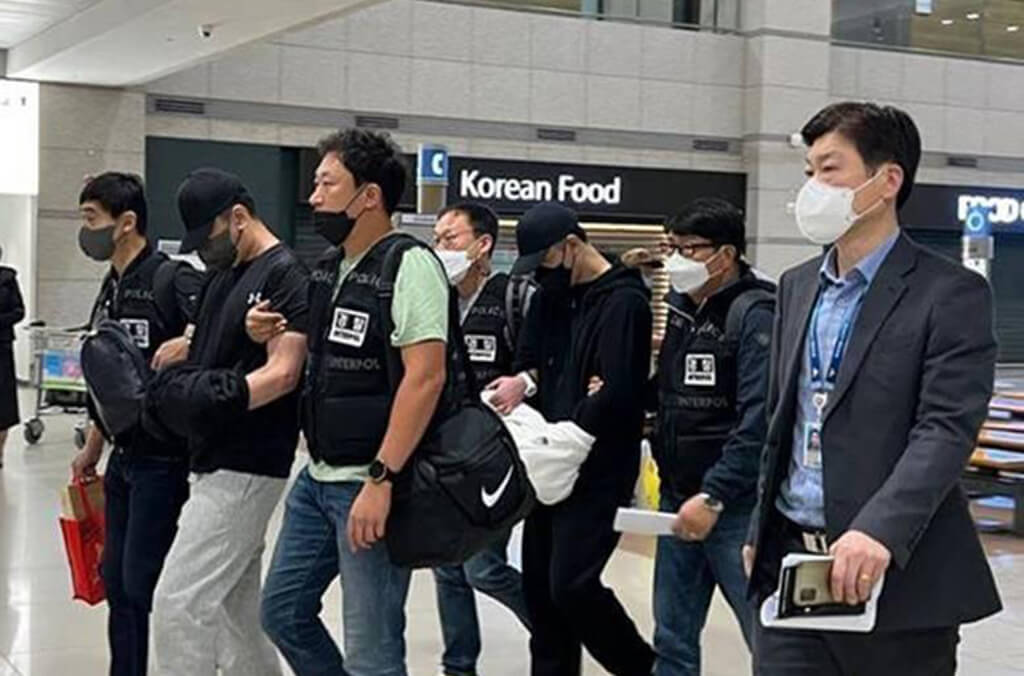Contents:
INTERPOL announced the results of a five-month operation codenamed “HAECHI III”: almost 1,000 suspects were arrested and USD 129,975,440 worth of virtual assets were confiscated for various cybercrimes and money laundering schemes.
Between June 28 and November 23, fraud investigators from around the world collaborated to intercept the cybercrimes and assist countries to recover and return illicitly obtained funds.
In total, the operation resulted in the arrest of 975 individuals and allowed investigators to resolve more than 1,600 cases. In addition, almost 2,800 bank and virtual-asset accounts linked to the illicit proceeds of online financial crime were blocked.
What Types of Cybercrimes Were Uncovered?
Operation HAECHI III targeted illicit online gambling-related money laundering, investment fraud, sextortion, business email compromise (BEC), and voice phishing (vishing).
The activity resulted in 95 notices and diffusions and the detection of 16 new crime trends, all of which will aid law enforcement agencies throughout the world in taking more precise measures against cyber criminals. Furthermore, INTERPOL has seen an increase in the usage of encrypted chat apps by fraudsters during investment scams, explains Bleeping Computer.
Two key achievements of “HAECHI III” operation:
- The arrest of two Koreans in Greece and Italy for defrauding 2,000 Korean victims of $29,100,000.
- The arrest of members of an India-based criminal organization that impersonated INTERPOL agents in order to call victims and lure them into transferring $159,000 in cryptocurrencies.

INTERPOL Arrests Two Cybercriminals in Korea
The countries involved in the operation were: Australia, Austria, Brunei, Cambodia, Cote d’Ivoire, France, Ghana, Hong Kong (China), India, Indonesia, Ireland, Japan, Korea, Kyrgyzstan, Laos, Malaysia, Maldives, Nigeria, Philippines, Poland, Romania, Singapore, Slovenia, South Africa, Spain, Sweden, Thailand, United Arab Emirates, United Kingdom, United States.
The news from INTERPOL also showcases the effectiveness of its new anti-money laundering rapid response protocol mechanism (ARRP), which was tested for the first time in the agency’s last operation, which was called “Operation Jackal“.
INTERPOL’s official announcement from November 24 is available here.
If you liked this article, follow us on LinkedIn, Twitter, Facebook, Youtube, and Instagram for more cybersecurity news and topics.










 Network Security
Network Security
 Vulnerability Management
Vulnerability Management
 Privileged Access Management
Privileged Access Management  Endpoint Security
Endpoint Security
 Threat Hunting
Threat Hunting
 Unified Endpoint Management
Unified Endpoint Management
 Email & Collaboration Security
Email & Collaboration Security








